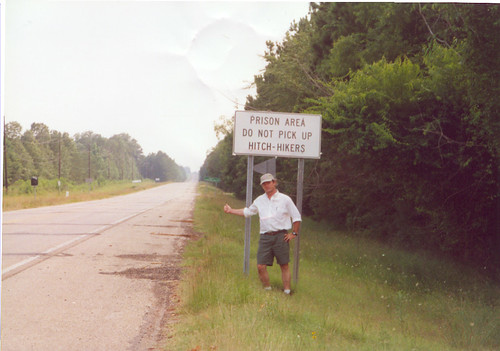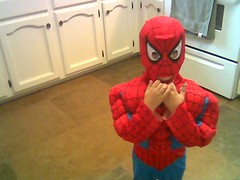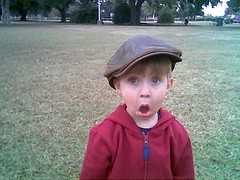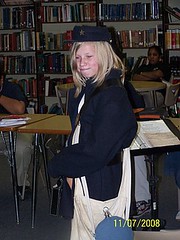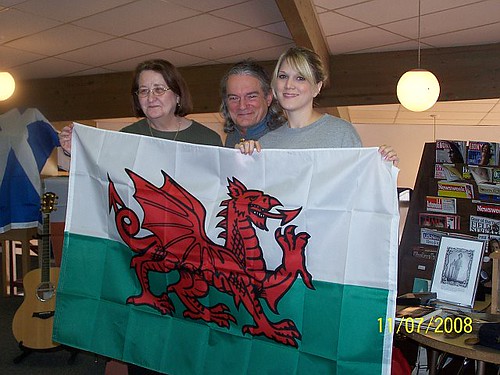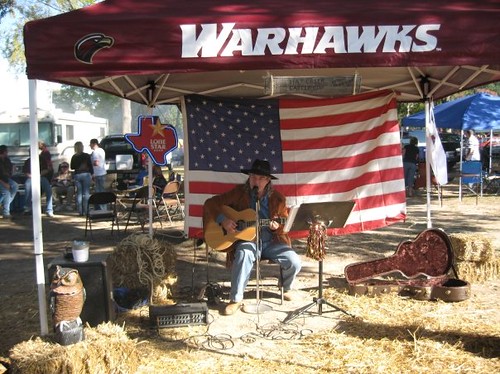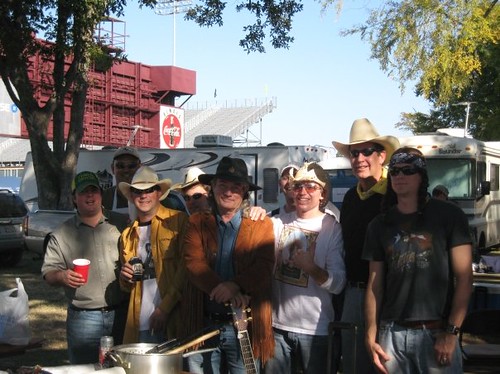In addition to the usual holiday chores and festivities of feasting and TV, Thanksgiving Day this year looks like it will be a day of music practice for me. There’s so many songs I want to learn. Thoughts of music made me think of this article I’m posting today. I sought and was granted permission to print this article that will be printed Ceili Magazine. The insightful and thought provoking piece is written by a man I consider to be the penultimate artist–Jed Marum. I hope you enjoy it. If you’d like to know more about Jed’s music and his busy schedule, his website is here:
“The Songs We Sing” by Jed Marum (Used by Permission)
I play a mix of pubs, concert rooms and festivals around the country but in the last year or so, I’ve settled into working fairly close to home as much as possible and work a semi-regular circuit of venues around Texas, Missouri, Kansas and Louisiana. One of my regulars is a pub I play in Shreveport Louisiana called the Noble Savage. It’s a fine old drinking establishment and dinner place with pool tables and darts in the back room and a large room in front with a stage, a full bar and lots of tables and chairs. They host live music there almost every night of the week and they’ve posted a sign on the stage, with letters so big even a musician can’t miss that reads, “NO BOBBY MAGEE!”
It makes me chuckle every time I see it. Being a Louisiana pub with local and traveling musicians working that stage night after night, year after year, I suspect they’ve heard more then their fair share of Bobby Magee! The funny thing is; I like that song! I am happy to sing it anytime someone asks for it.
There is a whole class of songs like that – songs the pub owners and musicians alike have heard or played over and over and have to put up with, or come to terms with in some way – songs that people request night after night, year after, generation after generation.
Every year I play the pubs it always amazes me as a new crop of Irish Pubsters hits the scene. They learn the songs and they discover the stouts, ales and whiskeys, along with their Irish roots – and every year, some young pub-goer will come to me and ask with a glint in his or he eye, “Hey, have you ever heard that great song that goes ‘No, nay, never’ and then everybody claps their hands?”
“Oh, you mean everyone claps four times, two times and one time?” I might respond?
“Yeah that’s the one!” they’d say, barely containing their enthusiasm. “Sure I’ll play that in the next set,” I’d tell them, “but you might have to remind me. I’m apt to forget,” is probably how I’d end the conversation.
I ask them to remind me for two reasons, the first is that I really might forget (but that’s another story). The second and more important reason is that it is their enthusiasm for the song that makes it fun for me to sing. I want to be sure they’re ready to participate, if I’m going to sing the song.
It’s easy to get jaded when you work the music world a lot and have the same songs asked for over and over – but songs like the Wild Rover are fun to sing because people love them! Audiences enjoy singing and participating in the Wild Rover. It’s their pleasure that keeps me singing (and enjoying) these songs.
I was playing at another of my favorite and regular pubs a few weeks ago, a place up near Kansas City called O’Malley’s. The pub was packed. People were jamming, drinking, listening to the music with one ear and just having a time! A wild hair got a hold of me and before I could think better of it, I was off and singing with gusto, “Swing Low, Sweet Chariot, comin’ for to carry me home, swing low sweet chariot, comin’ for to carry me home.”
As I sang these first few bars of the song, you could almost feel the temperature of the room change. And when I got to the first line of the verse, “Now if you get there before I do,” there were a bunch of singers along joining me, but when the next line came, “comin’ for to carry me home” and for rest of the song, I had a good 150, variously alcohol impaired singers helping me raise the roof of the pub. It was a site to see and a joy to hear! Who would have guessed? The truth is; that song works. Everybody loves that song. Everybody wants to sing along when they hear it. The O’Malley’s crowd sang so beautifully and so lustfully (well maybe that’s the wrong word) that I told them they were certainly absolved of their hang-overs for the next day!
Sometimes I believe I have the best job in the whole world – not when I’m scouring the web and working the phones looking for work so I can stay ahead of the mortgage. I hate that part of the job – but when I get to sing songs for people and with people who love to sing them! Wow, that is a real treat! That really makes it all worthwhile.
My Dad used to sing. Every day of my life when I lived under his care as a child, even on those days when I visited years later as an adult, I heard my father sing. It just came out of him, sometimes at the oddest of moments. He’d be in the backyard raking leaves or in the driveway replacing the spark plugs of the old Ford and you’d hear him, “Nobody knows the trouble I’ve seen,” he’d be singing out loud to himself, as if he were alone in shower, “nobody knows my sorrow.” Or he might sing,
Have ya ever been in love me lads and do ya know the pain?
I’d rather be in jail meself then be in love again.
The girl I loved was beautiful, I’d have all to know
And I met her in the garden where the praities grow
Looking back, I realize those were teaching moments for my father. He chose to sing songs he loved, songs that had a message or a bit of humor, songs that started conversations, “You know my mother’s father taught me that song,” he’d say to me about Praities – and then tell me all about my great-grandfather from Galway and my father’s relationship with him.
Dad sang the Irish songs he learned from his parents, grandparents, uncles and cousins. He sang spirituals. He sang pop songs and big band era songs. He really sang any song that pleased him in some way – or had a message he wanted to pass on.
I caught that song-fever from my Dad. I sing at the drop of hat now and I love to do it. There are all kinds of reasons for singing the songs we sing. In the pub or in the pew, singing just comes naturally to us all. Culture, humor and love shine through our music and the songs we sing. And if we’re singing at church or in the shower, at the graveside or in the pub; the life and the light of generations is passed through the songs we sing.
